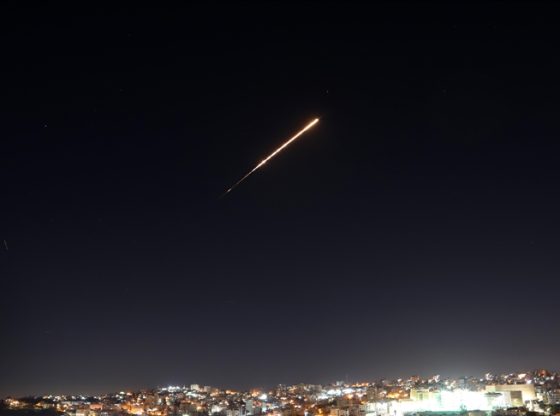Well, this is quite the twist in the tale! The head of the UN’s nuclear watchdog, Rafael Grossi, is throwing some cold water on claims that recent US strikes completely crippled Iran’s nuclear ambitions. In fact, he suggests Iran could be back in the uranium enrichment game in a matter of months, which definitely contradicts what President Donald Trump has been saying.
It seems Grossi’s comments align with an earlier assessment from the Pentagon’s Defense Intelligence Agency, which CNN initially reported on. That assessment suggested the strikes on key Iranian nuclear sites only set them back by months, not decades. While we’re still waiting on the final word from military and intelligence assessments, Trump has repeatedly stated that Tehran’s nuclear program was “completely and totally obliterated.”
The whole conflict kicked off earlier this month when Israel launched an attack, claiming it was to prevent Tehran from developing a nuclear bomb. Iran, for its part, insists its nuclear program is purely for peaceful purposes. The US then got involved, striking three Iranian nuclear sites before a ceasefire. Ever since, there’s been a lot of debate about just how much damage was actually done.
Even though US military officials have shared some new details about the strike planning recently, they haven’t offered much in the way of proof about how effective they were against Iran’s nuclear program. After getting classified briefings, even some Republican lawmakers admitted that the strikes might not have eliminated all of Iran’s nuclear materials, but they argued that wasn’t the goal anyway.
Severe, but Not ‘Total’ Damage
When Grossi was asked about these different assessments on CBS’s “Face the Nation with Margaret Brennan,” he pretty much said it’s a bad idea to think about weapons of mass destruction in terms of an “hourglass approach.” He emphasized that Iran’s capabilities are still there. He told Brennan that Iran could have “a few cascades of centrifuges spinning and producing enriched uranium, or less than that” in “a matter of months.” He flat-out stated, “one cannot claim that everything has disappeared and there is nothing there.”
Grossi went on to clarify, “It is clear that there has been severe damage, but it’s not total damage.” He explained that Iran still has the industrial and technological capacity, so if they choose to, they’ll be able to get things going again. He also mentioned that the IAEA has resisted pressure to confirm whether Iran had nuclear weapons or was close to having them before the strikes. He did say, “We didn’t see a program that was aiming in that direction (of nuclear weapons), but at the same time, they were not answering very, very important questions that were pending.”
CNN has reached out to the White House for their take on Grossi’s statements.
Grossi really emphasized the importance of the IAEA having access to Iran to properly assess their nuclear activities. He noted that Iran had been sharing information with the agency until the recent Israeli and US strikes, but that “there were some things that they were not clarifying to us.” While they had a “perfect view” of the number of centrifuges and the amount of material, he was concerned about other unclear areas. For example, they’d found traces of uranium in undeclared facilities and hadn’t been getting credible answers for years as to why.
The initial Pentagon assessment suggested Tehran might have moved some enriched uranium out of the sites before the attacks, but Trump has insisted that wasn’t the case. Grossi commented on this, saying, “It’s logical to presume that when they announce that they are going to be taking protective measures, this could be part of it (moving the material).” However, he added that they don’t know where this material could be, or if any of it was under attack during the 12-day conflict.
Meanwhile, it looks like Tehran is making moves to pull away from international oversight of its nuclear program. Iran’s parliament has even passed a bill to stop cooperating with the UN nuclear watchdog, and the Foreign Minister, Abbas Araghchi, hinted that the country might even reconsider its membership in the Non-Proliferation Treaty (NPT), which, as you might guess, prohibits countries from developing nuclear weapons.
What do you make of these differing views on the effectiveness of the strikes?

